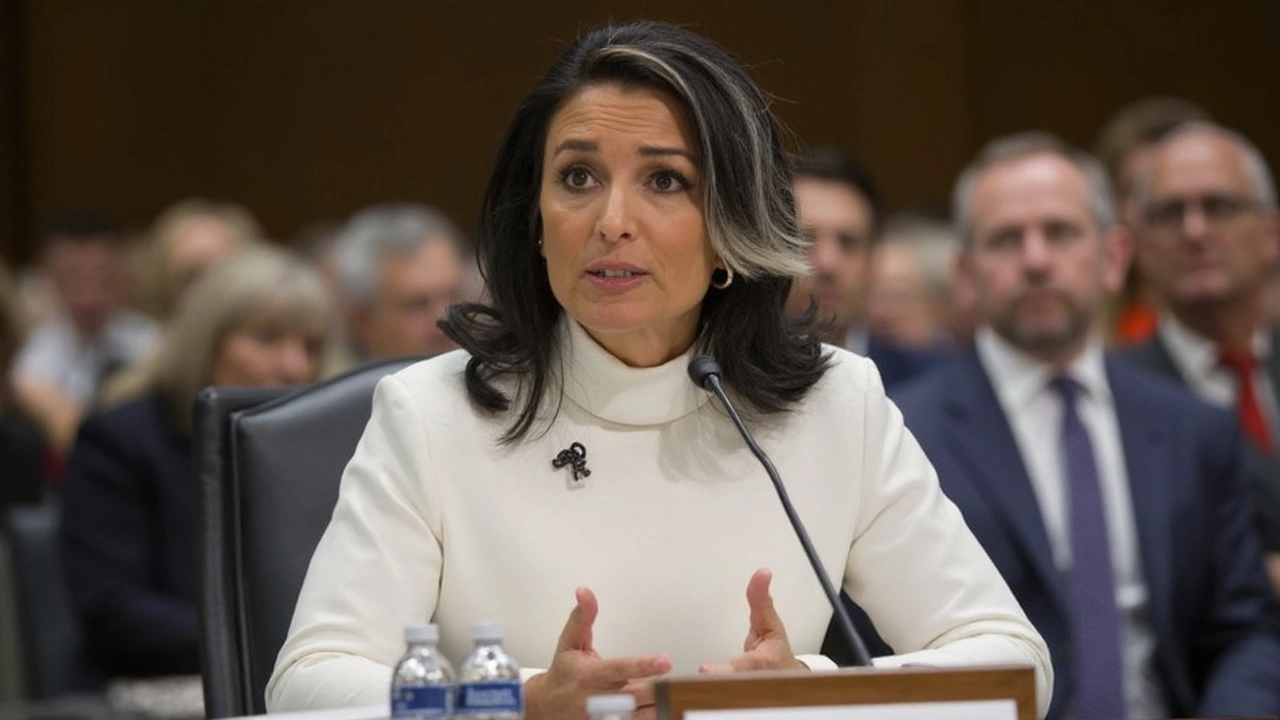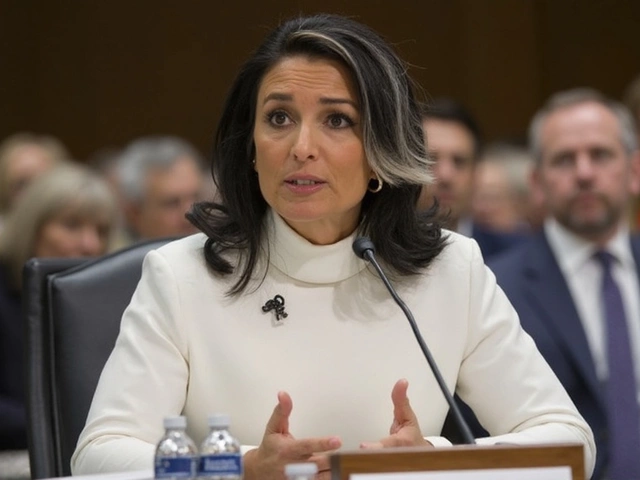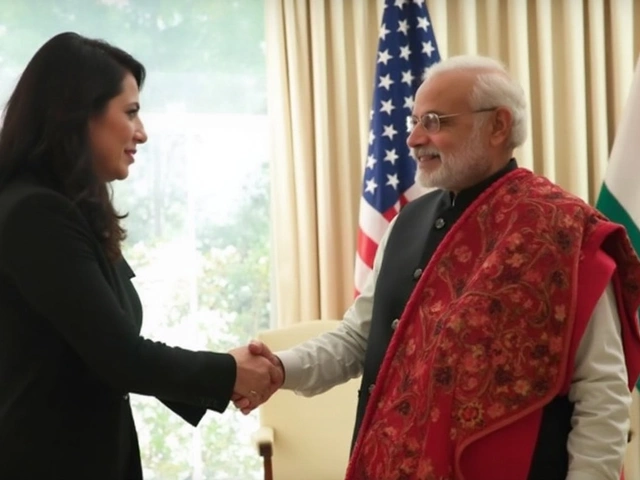In a ground-breaking appointment, Tulsi Gabbard was sworn in on February 12, 2025, as the Director of National Intelligence (DNI) under President Donald Trump's administration. This appointment not only marks a historical moment as Gabbard becomes the first Hindu to take this role, but she is also the second woman to lead US intelligence services, succeeding Avril Haines. Her swearing-in comes after a contentious Senate confirmation vote, ending in a narrow 52-48 approval.
Gabbard's confirmation wasn't without contention. While most Republican senators supported her, notable opposition came from within, including Senator Mitch McConnell. Gabbard, a former Democratic congresswoman and a veteran of the Iraq War, has faced considerable scrutiny throughout her political career. Critics point to her meetings with controversial figures like Syrian President Bashar al-Assad and her support for whistleblower Edward Snowden as areas of concern. Even within her own party, such stances have previously ignited debates and criticisms.
A Controversial But Strategic Appointment
Tulsi Gabbard's appointment aligns with President Trump's overarching strategy to overhaul and reshape federal agencies, a process seen as a significant element of his second term agenda. With these reforms, Trump aims to enhance the functionality and efficiency of federal bodies, spearheaded by Elon Musk's ambitious Department of Government Efficiency.
In her introductory remarks as DNI, Gabbard emphasized her vision to 'refocus and revitalize' the intelligence community. She resonates with Trump's long-held skepticism concerning the potential politicization of these institutions and has committed herself to driving a more transparent and accountable agency.
Her aim to restore trust in a complex intelligence apparatus that was fortified post-9/11 to synchronize 18 diverse agencies is met with both anticipation and skepticism. Lawmakers and intelligence veterans have voiced apprehension about her previous engagements, but many in her support base argue that her unique perspective may be precisely what the intelligence community needs to bridge currently existing divides.
This appointment showcases Tulsi Gabbard not just as a trailblazer due to her faith and gender, but also as a figure poised at the crossroads of transforming American intelligence potentially. Her leadership promises a refreshingly distinct approach amid the political reshuffling and reforms underway in Washington, signaling both a challenge and an opportunity for change.







